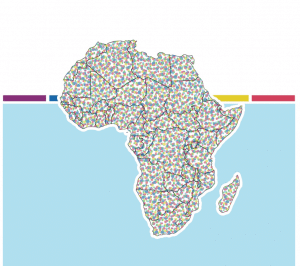PACTE: Opportunity-driven Skills & VET for Solar Energy in Côte d’Ivoire
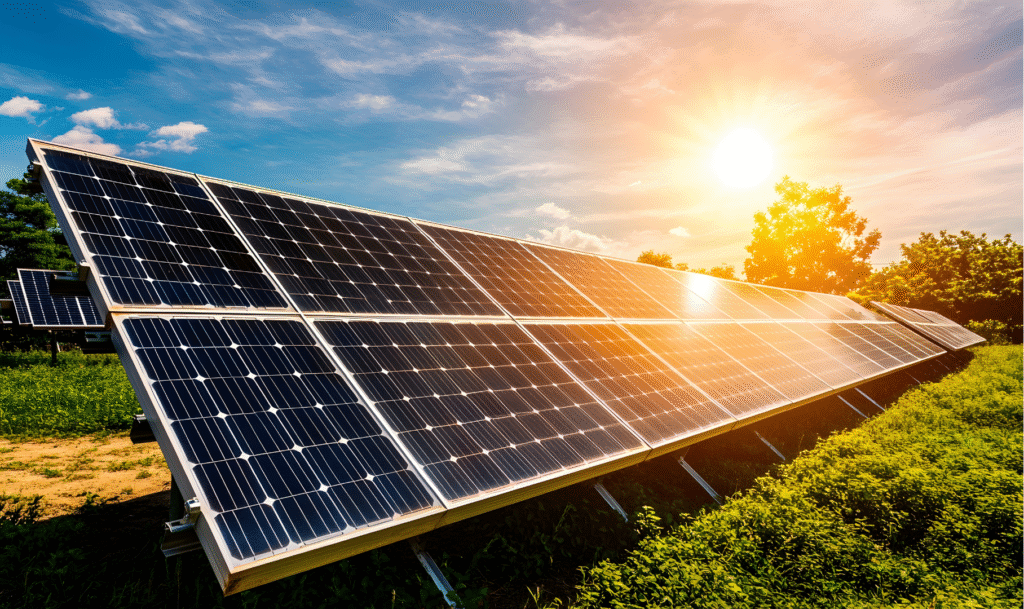 The PACTE project (Programme d’Action pour les Compétences en Transition Énergétique) is a two-year programme aimed at strengthening Côte d’Ivoire’s technical and vocational education system to meet the growing skills needs generated by the country’s renewable-energy transition.
The PACTE project (Programme d’Action pour les Compétences en Transition Énergétique) is a two-year programme aimed at strengthening Côte d’Ivoire’s technical and vocational education system to meet the growing skills needs generated by the country’s renewable-energy transition.
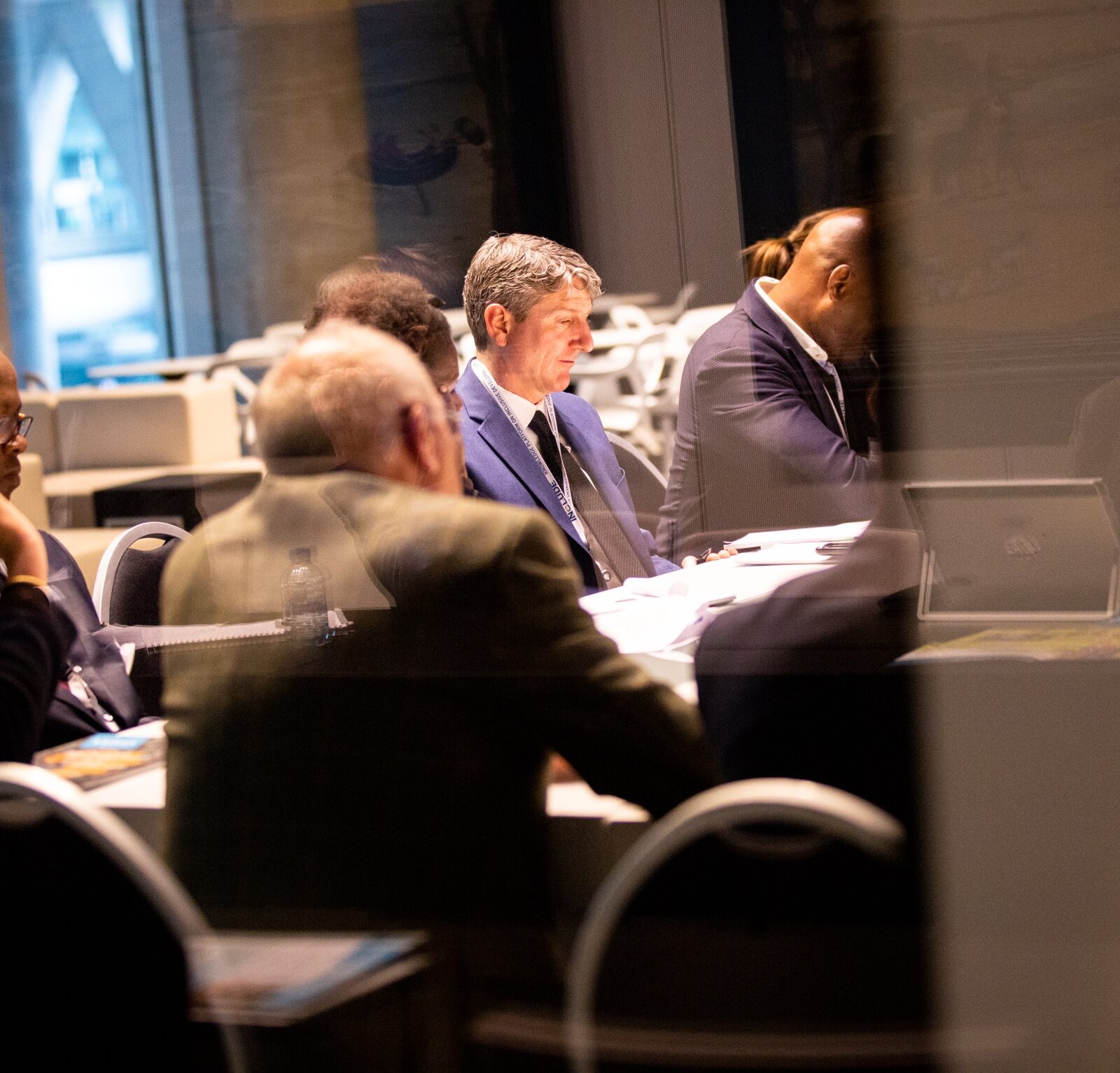

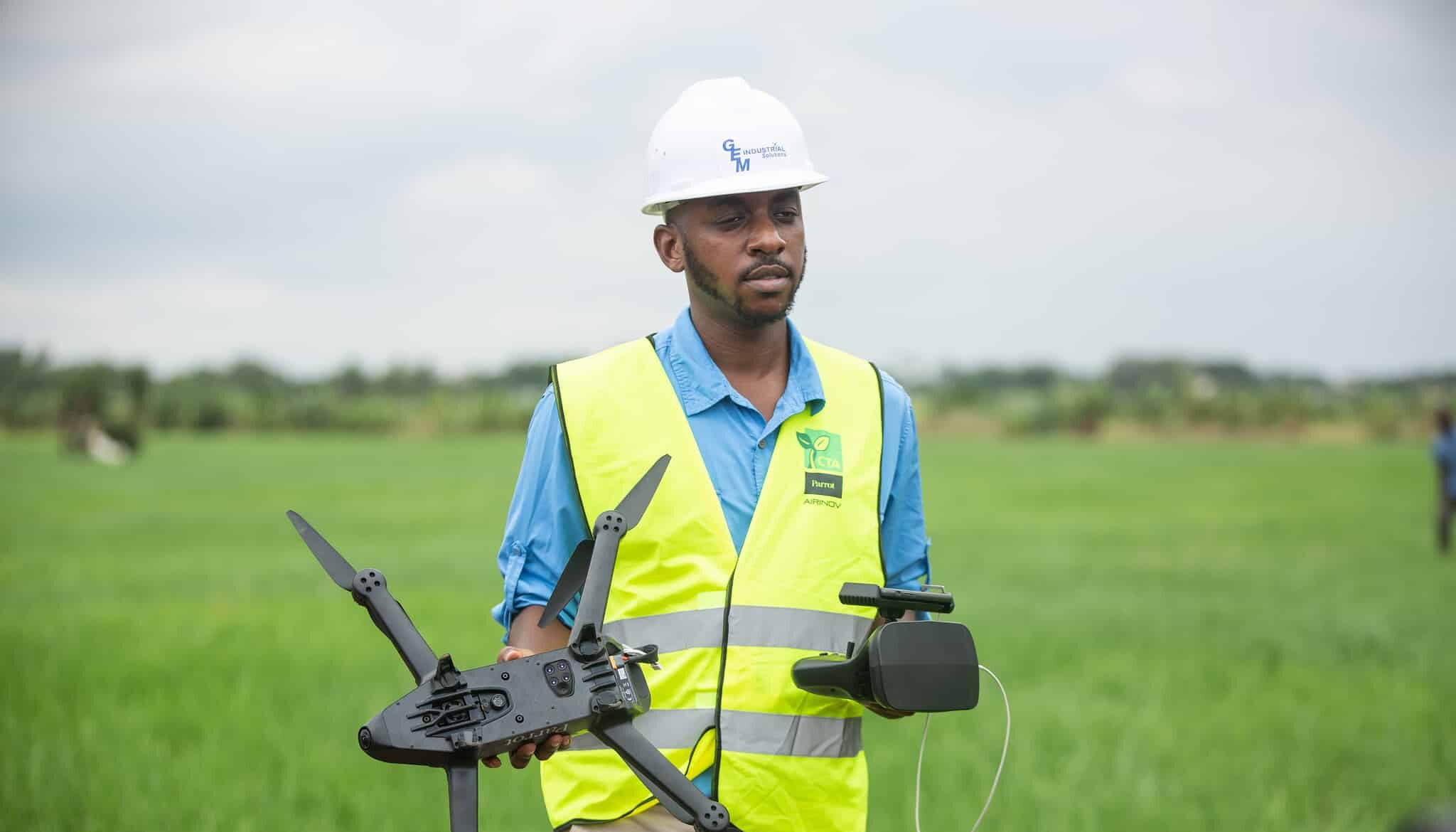

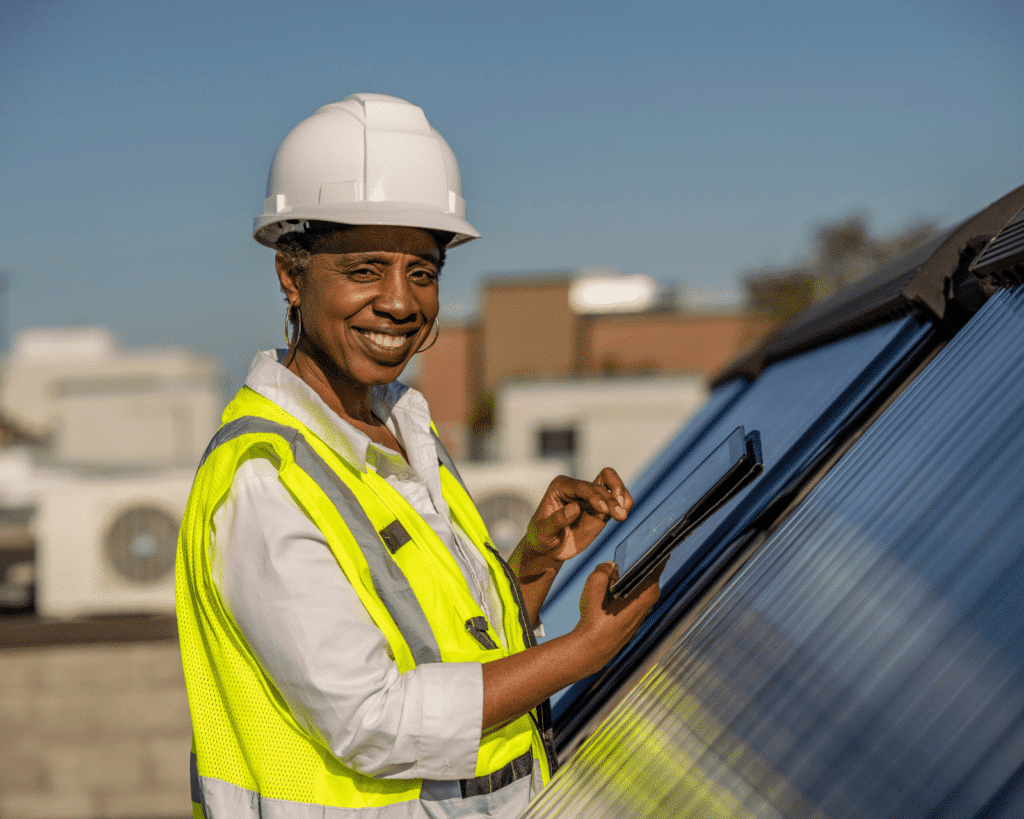
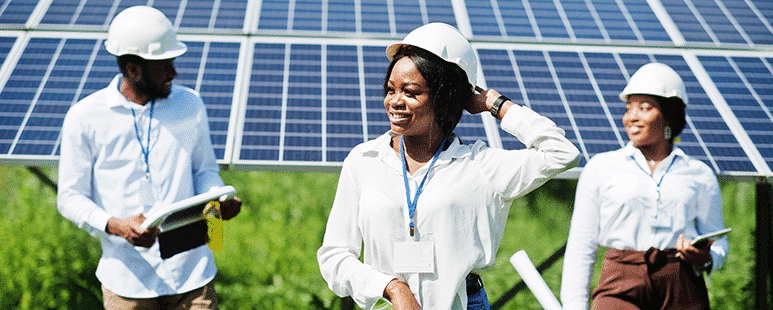
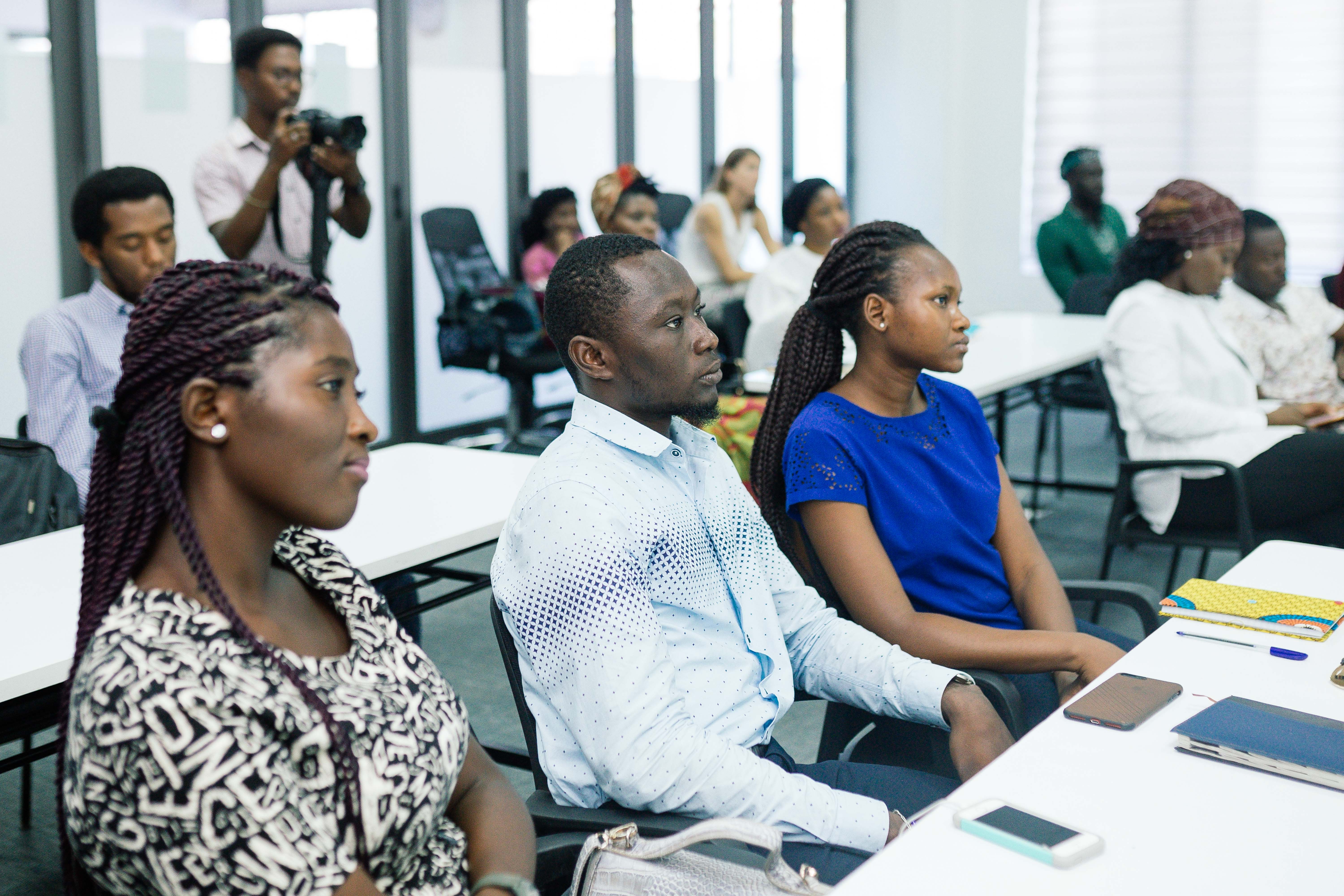
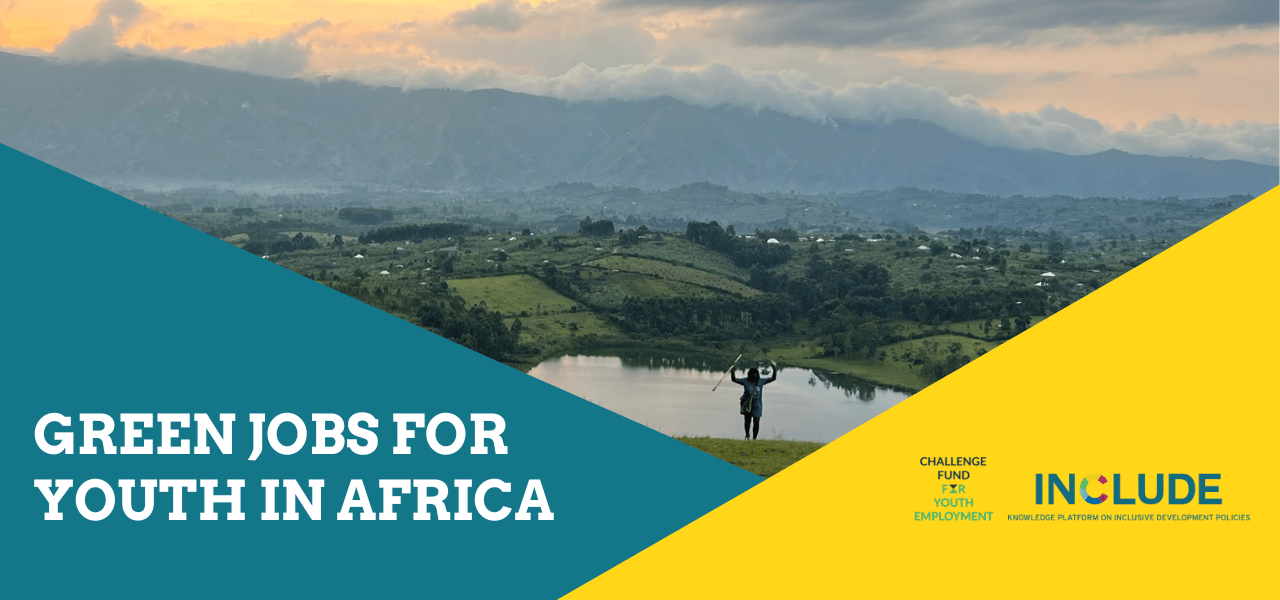
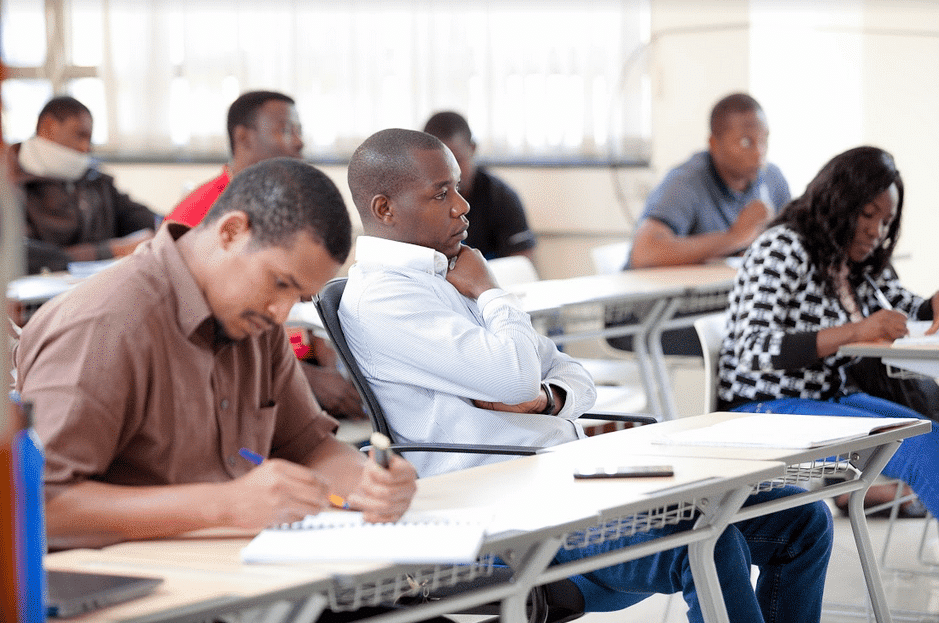
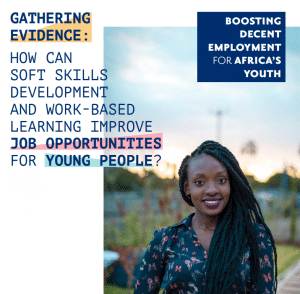
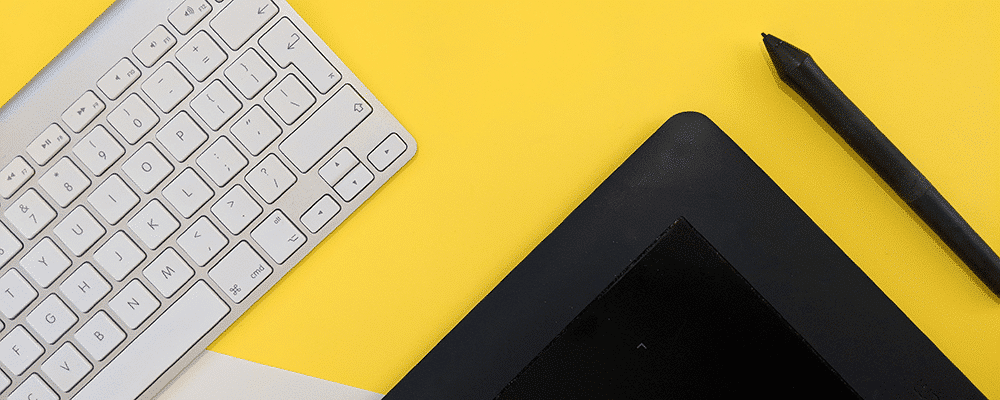
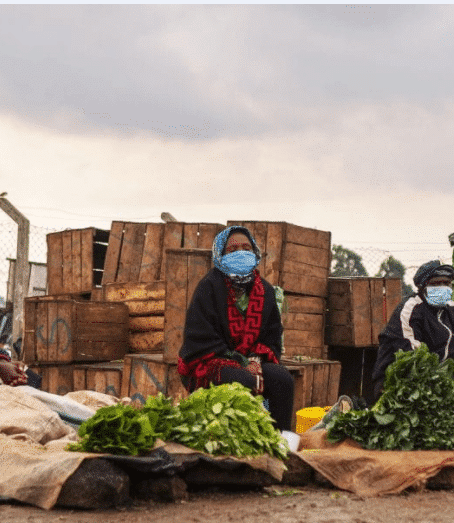
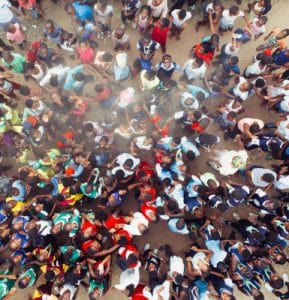 Organizations for Inclusive Development
Organizations for Inclusive Development